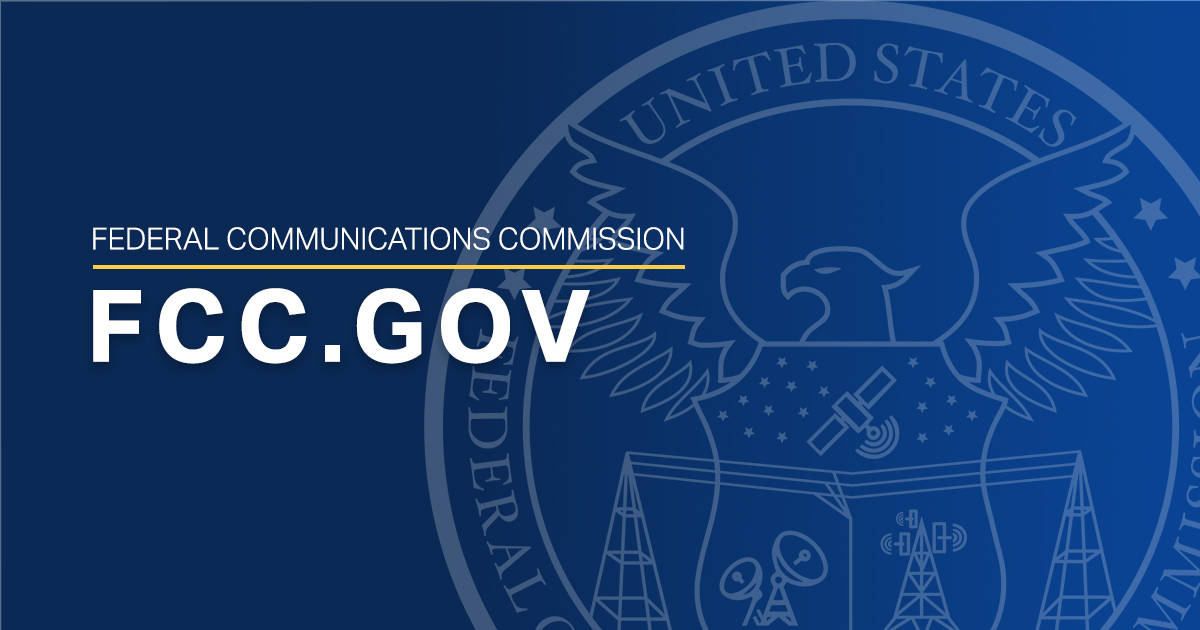H
Harvey_Dogg
Guest
No money for enforcement though and covid 19 is still surging. Many of these pirates are in poor minority neighborhoods. Most don't have any money to pay a fine.
Long ago pirates were just whiz-kids broadcasting from a bedroom at dad's house. Today the FCC is dealing with grown adults who feel they have a cause. Therefore, enforcement is much more dangerous today.
New Pirate Fines
Long ago pirates were just whiz-kids broadcasting from a bedroom at dad's house. Today the FCC is dealing with grown adults who feel they have a cause. Therefore, enforcement is much more dangerous today.
New Pirate Fines
Last edited by a moderator:


